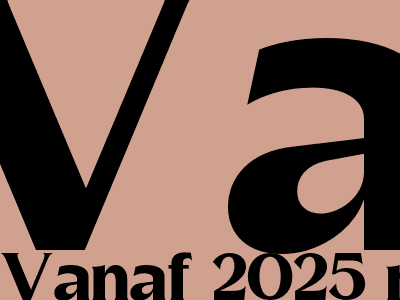
2025: Dutch Traffic Enforcers Barred From Wearing Religious Symbols
Introduction
In a controversial move, the Dutch government has announced that from 2025 onwards, traffic enforcers (boa's) will no longer be allowed to wear religious symbols while on duty. This decision has sparked debate and divided opinions, with some welcoming the move as a step towards neutrality in public services, while others have condemned it as an infringement on religious freedom.
Background
The Dutch government's decision is part of a broader effort to promote neutrality and objectivity in public services. In recent years, there have been several cases of boa's wearing religious symbols, such as headscarves and yarmulkes, while on duty. This has led to concerns that such displays could create a sense of bias or favoritism towards certain religious groups. The government's new policy aims to address these concerns by ensuring that all boa's present a neutral and impartial image while performing their duties.
Arguments in Favor of the Ban
Supporters of the ban argue that it is necessary to maintain neutrality and objectivity in public services. They point out that boa's are often called upon to enforce laws and regulations that may conflict with certain religious beliefs. By prohibiting the wearing of religious symbols, the government aims to ensure that boa's do not appear to favor one religion over another and can carry out their duties impartially.
Additionally, some argue that the ban is necessary to protect boa's from potential harassment or discrimination. In a society where religious tensions can run high, boa's who wear religious symbols may become targets of abuse or hostility. The ban aims to mitigate this risk by creating a neutral environment in which all boa's can feel safe and respected.
Arguments Against the Ban
Opponents of the ban argue that it infringes on religious freedom. They contend that boa's should be allowed to express their religious beliefs while on duty, as long as it does not interfere with their ability to perform their job effectively. They argue that the ban unfairly discriminates against religious minorities and sends a message that certain religious expressions are not welcome in public life.
Additionally, some argue that the ban is unnecessary. They point to the fact that there have been no reported cases of boa's using their religious beliefs to discriminate against others. They argue that the government should focus on addressing actual instances of bias or discrimination rather than implementing a blanket ban on religious symbols.
Conclusion
The Dutch government's decision to ban boa's from wearing religious symbols is a complex and controversial issue. While the government argues that the ban is necessary to maintain neutrality and objectivity in public services, opponents condemn it as an infringement on religious freedom. The debate over this issue is likely to continue as the Netherlands grapples with the challenges of balancing religious freedom with the need for impartiality in public life.